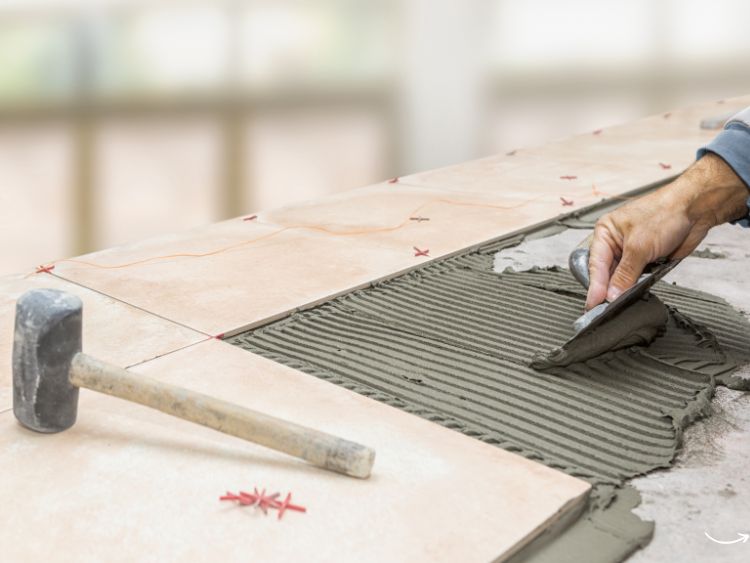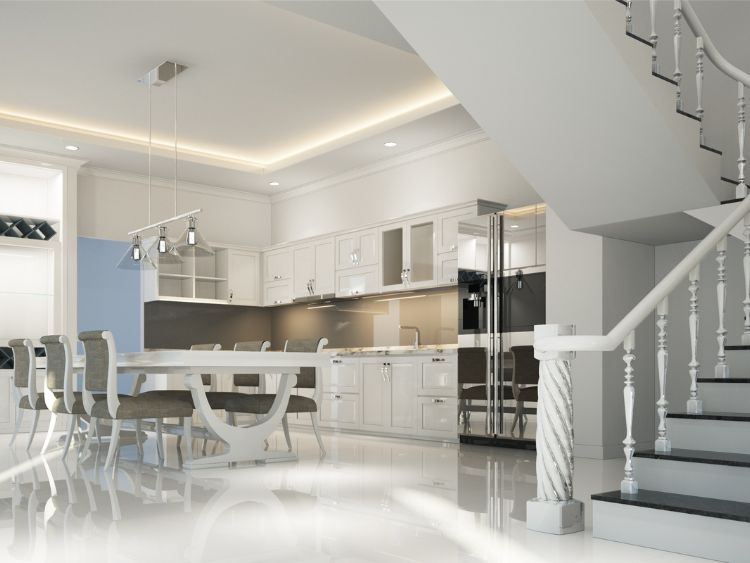Organic matter is called compost when it begins to decompose. The job of microscopic organisms (or depending on the method, insects or worms) is to decompose organic matter. This transforms what would otherwise be trash into a valuable, nutritious soil conditioner. It continues to decompose even after it is laid, depositing its beneficial properties. Quality Garden Supplies Ltd is a family run business, which offers the finest landscaping and garden items to the public as well as trade. We offer quick national delivery, ranging from a few small items to large artwork loads of products.
These compost tips will assist you in feeding your soil the best fertilizer from nature.
You must first choose the right compost method.
Heft suggests that you consider the size of your garden as well as what maintenance level you can perform when creating a compost pile.
A compost tumbler is sufficient if your garden is small or you have mobility issues. You will need a larger bin or a wire-type container if your garden is very large. It is also possible to make a cold compost pile: simply put everything in one pile and then pull out the compost when you are ready.
Plan your food scrap collection system.
Place your container where you can see it and then use it. The compost collecting bin has filtered air flow which prevents flies from entering the container and also keeps your fruit from fermenting. The fermentation process won’t begin immediately so make sure to keep your containers tightly sealed. You can also collect food scraps from your freezer.
Make two batches of compost.
One to collect new material and one to mix the final compost.
Larson’s tip means that you can work in smaller batches and get better results. Also, it saves time and doesn’t require as much labor as a large pile. Maintaining a tumbler with two compartments or piles side by side is easy.
Balance your greens and browns.
Heft reinforces the importance of knowing the ratio of carbon (browns and nitrogen) when composting.
It will smell bad if you add too much food scraps, or ‘green’ material to your mix. It’s also possible to do the opposite. Add more food scraps and ‘green’ material to your pile if it isn’t rotting.
Balance is the key to compost. The nitrogen in your compost is too high in enzymes, which can lead to flies and other unpleasant odors. It’s not getting enough greens if it moves too slowly. You should aim for a ratio of 13% greens to 2/3 browns.
Check your compost for excessive fungus.
If the compost pile has higher levels of cellulose (browns), mushrooms and other fungi can grow there. Although mushrooms will not cause any harm to the compost, some mushrooms can be harmful. The best way to manage fungal growth is to aerate the compost pile and maintain a balance between nitrogen and cellulose. You should also monitor the moisture and temperature levels.
- Make sure to use compost sparingly in your garden.
- Heft encourages composters to use it after they have made it.
- You can’t use too much compost in your garden, unlike fertilizers. To avoid injury, apply it 2 to 3 inches deep.
- You should be cautious about the amount of commercial fertilizers you use as they can cause damage to your plants. However, compost is safe and balanced.


